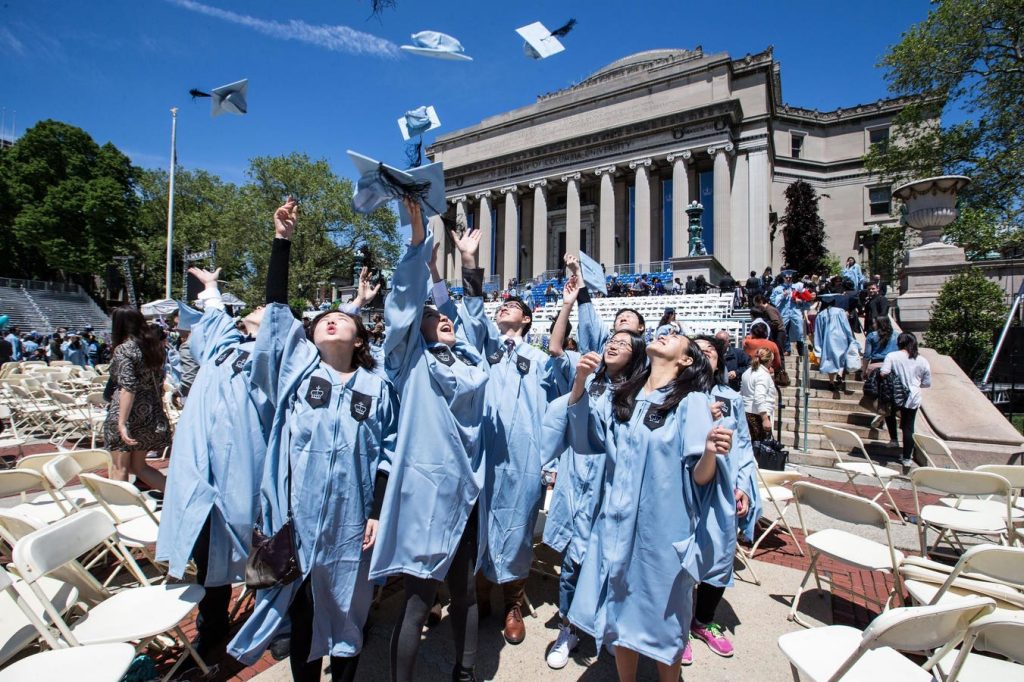The Biden administration is pursuing a China strategy of “de-risking and diversifying, not decoupling,” while Chinese officials view these efforts as an attempt to “contain China.” The diplomatic dynamics between the United States and China are evident in their AI talent exchange. Chinese nationals make up a significant portion of top AI researchers in the US, indicating potential limitations on America’s own technological advancement in the sector.
A recent report by think tank MacroPolo revealed that China produced 47% of the world’s top AI researchers, with a growing number choosing to stay in their home countries rather than work abroad. This shift in AI talent retention is attributed to changing immigration policies and practices in the US, which have made foreign nationals feel unwelcome. Efforts such as the Trump administration’s “China Initiative” targeted Chinese researchers based on assumptions of intellectual property theft and espionage, leading to a chilling effect on Chinese and Asian STEM researchers.
Despite the Biden administration ending the China Initiative, the effects are still felt among Chinese students and academics facing increased scrutiny and visa denials. Strict H-1B visa requirements pose barriers to US-based Chinese sci-tech talent, leading to over 1400 Chinese scientists changing their affiliation from American to Chinese universities. This contradicts the US’s image as an open, immigration-friendly country, while China is known for making travel and immigration difficult for foreigners.
The suspicion of Chinese scientists is seen as damaging to US competitiveness and innovation, which are core elements of the Biden administration’s China policy. The US’s emphasis on investing in domestic strengths and embracing immigrants as a source of talent conflicts with actions that hinder talent transfers and collaboration with international partners. Focusing on countering China may result in missed opportunities for nurturing America’s own AI ecosystem.
China’s strategy of growing its innovation capacity, particularly in AI, has been focused on domestic talent development rather than aggressive competition with the US. China continues to invest in cultivating AI talent at home, with plans for new university majors in strategic sci-tech areas like semiconductor science and engineering. While China aims to catch up in AI development, the possibility of a US-China AI dialogue remains open, emphasizing areas where collaboration could yield positive outcomes.
The US and China have agreed to establish a bilateral AI communication channel, suggesting potential collaboration on AI-related risks and military uses of the technology. However, defensive moves by the US, such as restrictions on China’s access to advanced technologies and the TikTok divestment bill, have been met with pushback from China. The Chinese government views these actions as creating risks rather than de-risking, leading to the possibility of China focusing more intently on its own technological development to maintain competitiveness. The complex relationship between the US and China in the AI sector highlights the challenges and potential for collaboration in the future.


